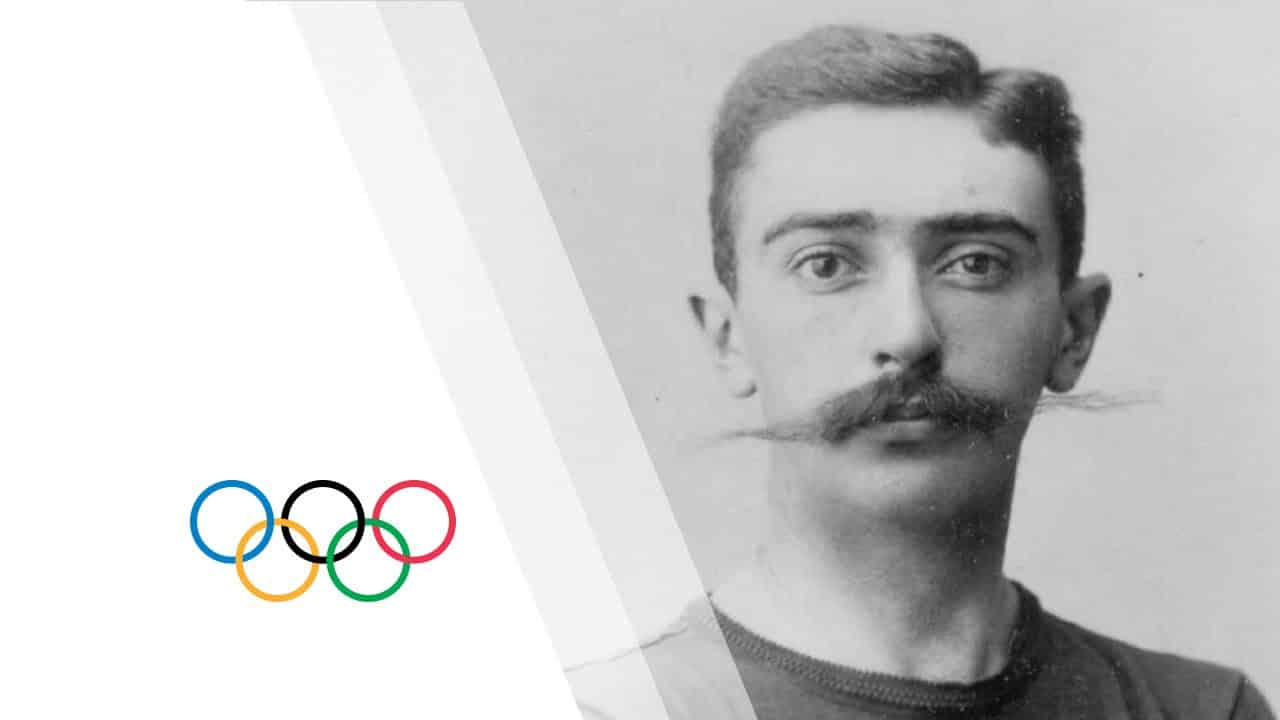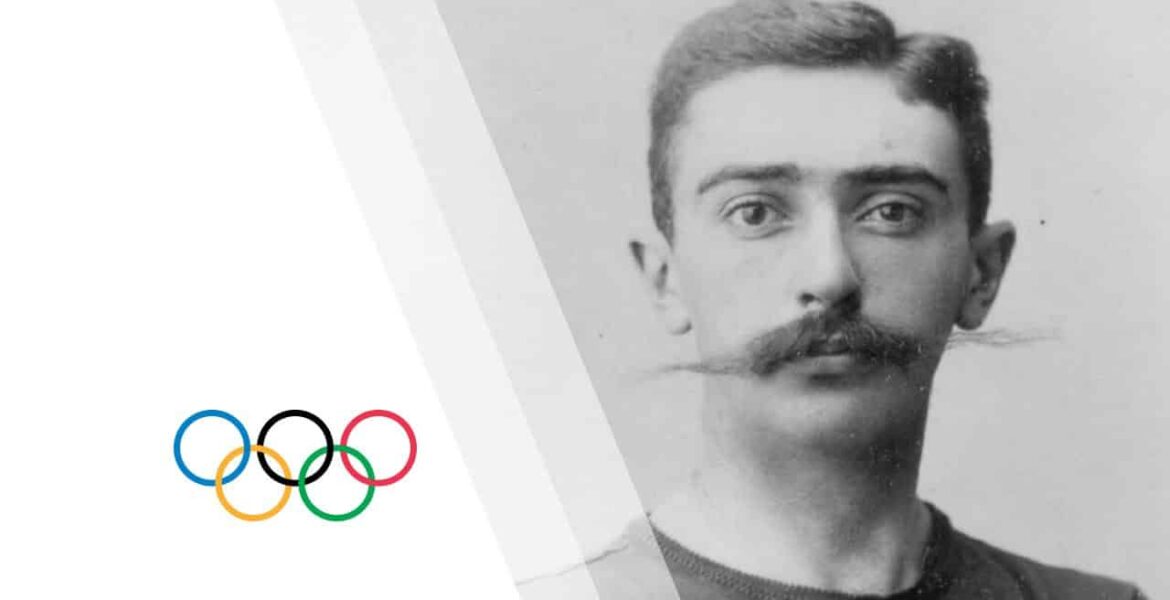Beneath the Eiffel Tower's twinkling embrace, a different kind of electricity crackled through Paris. The 2024 Olympics were returning home, a century after the City of Lights last held the Games. Yet, for many Parisians, the story resonated deeper. It was a chance to rediscover a forgotten hero – Baron Pierre de Coubertin.
Born in 1863, Coubertin wasn't your typical Parisian. Haunted by France's defeat in the Franco-Prussian War, he dreamt of reviving a bygone symbol of unity – the ancient Olympic Games. His vision, audacious and tinged with pacifism, took root in 1894. Standing before the Sorbonne University, he officially relaunched the Olympics, with French holding sway as the sole language for years to come.

The first modern Games, a nod to tradition, unfolded in Greece in 1896. But Paris quickly claimed its spot, hosting the second Olympiad just four years later. Coubertin, however, envisioned more than just athletic prowess. He believed in the harmonious union of "muscles and mind," mirroring the ancient Greeks who celebrated both physical and artistic excellence. This philosophy manifested in the creation of the "Pentathlon of the Muses" in 1912, a unique combination of athletic and artistic competitions.
Now, in 2024, Paris was embracing Coubertin's complete vision. The hallowed halls of Versailles Palace would play host to the "Pentathlon of the Arts," while cultural events across France echoed the artistic spirit of the Olympics. However, Coubertin's legacy wasn't without its shadows. He was a man of his time, and his views reflected that. Experts criticized his exclusionary ideals, particularly his vehement opposition to female participation in the Games.
But perhaps the darkest stain was a personal letter praising Adolf Hitler. While some argued for context through the lens of history, this incident cast an undeniable shadow. The recent homage to Coubertin at the Sorbonne underscored this complexity. The President of the International Olympic Committee acknowledged France's right to be proud of Coubertin's contributions but stressed the importance of remembering them within their historical context.
France, however, had a different kind of legacy with the Olympics. They were pioneers in using the Games as a tool of "soft power," influencing others through culture and ideology rather than military force. The 1924 Paris Games were the first to utilize media and propaganda extensively to project national prestige. France even established a dedicated Sports Bureau within the Foreign Ministry, marking the beginning of using sports diplomacy to cultivate international influence.
The 2024 Olympics were a celebration—of the Games themselves, of Coubertin's vision, and of France's mastery of soft power. Yet, they were also a reminder—a reminder that legacies are rarely one-dimensional and that even the greatest heroes can be flawed. By acknowledging both sides, Paris could ensure a brighter future for the Olympics, one that embraced inclusivity and peace, just as Coubertin, in his own imperfect way, had once dreamt.
Greece leads athletes into Maracana stadium after amazing Opening Olympics Ceremony


